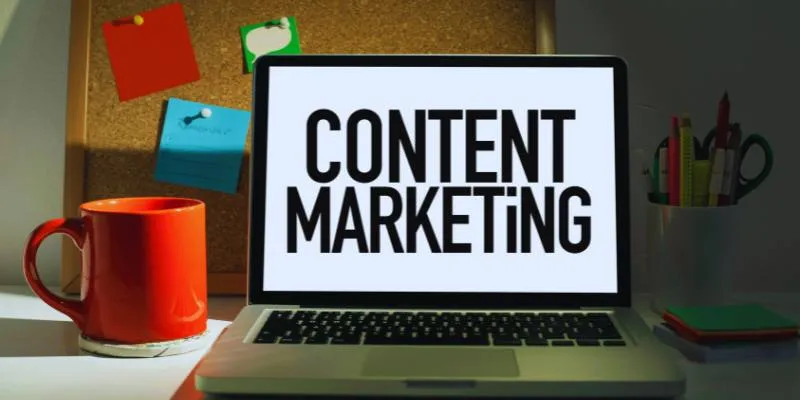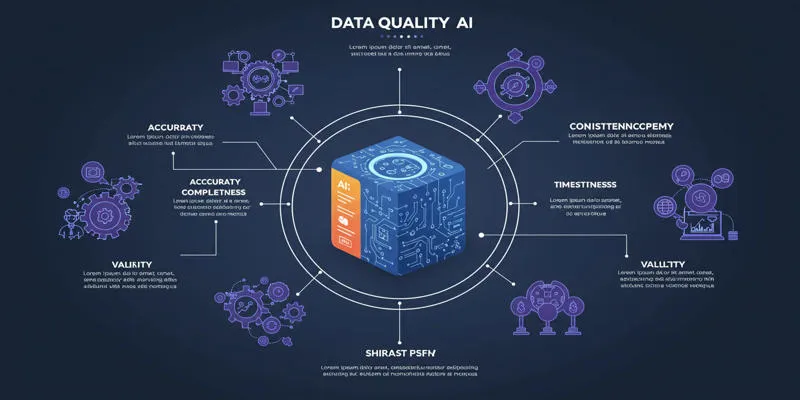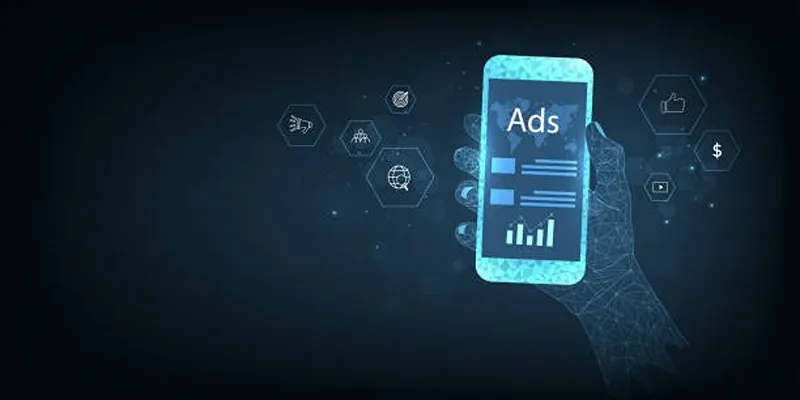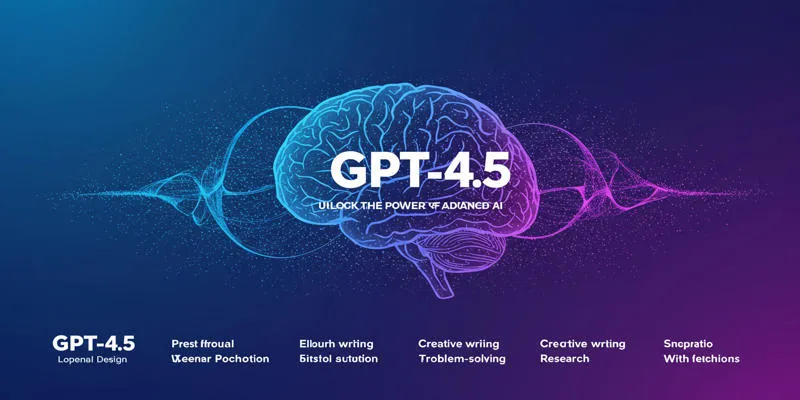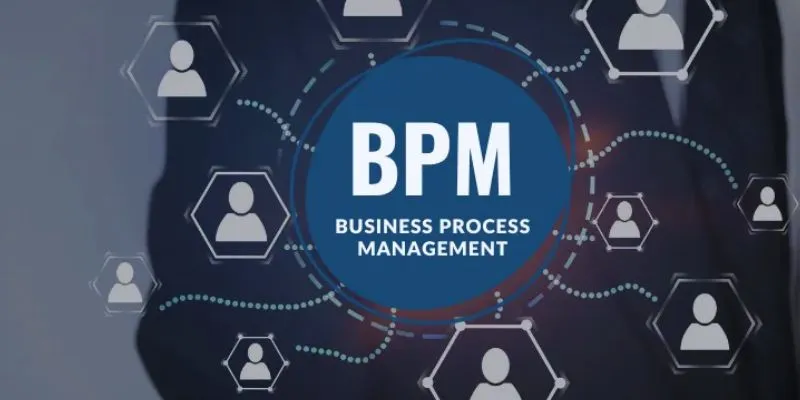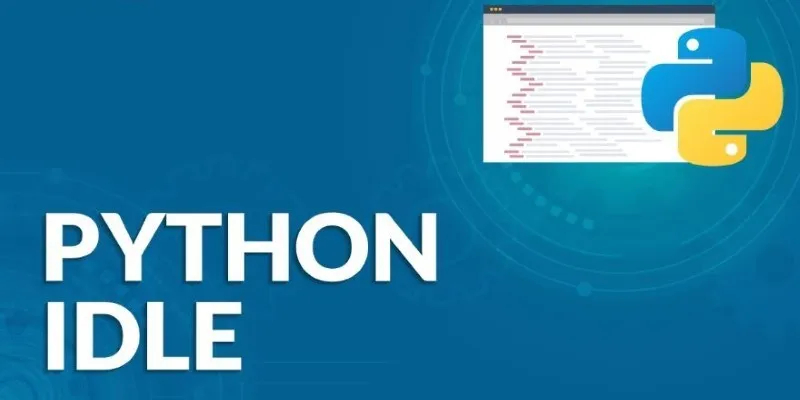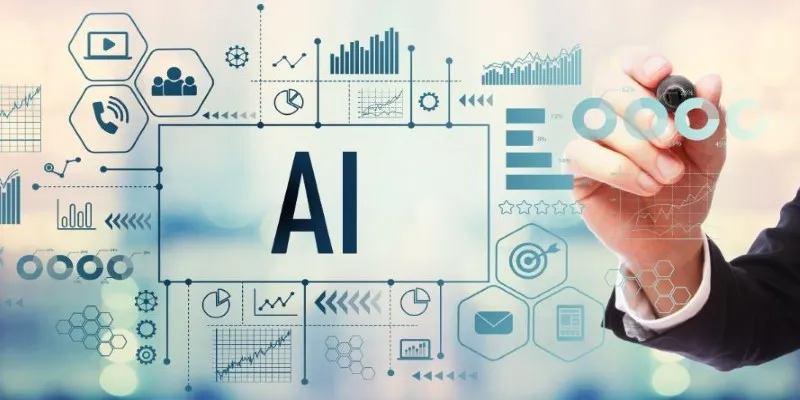Sales prospecting is a crucial yet often time-consuming task for businesses. Teams spend countless hours researching, qualifying, and connecting with potential leads, hoping some will convert into paying customers. Unfortunately, the manual nature of this process often leads to inefficiencies, missed opportunities, and wasted resources.
Thanks to the rise of artificial intelligence (AI), businesses can now streamline their marketing efforts. AI helps identify the best customers, automate repetitive tasks, and personalize communications. This approach makes the process faster, smarter, and more accurate. In this post, we explore how businesses can leverage AI to enhance lead quality, improve sales prospecting, and ultimately close more deals.
Understanding AI in Sales Prospecting
AI for sales prospecting involves using software tools equipped with machine learning and data analysis to identify, engage, and prioritize potential buyers. These systems can analyze large datasets, uncover trends, and provide actionable insights, allowing sales professionals to focus their efforts where they matter most. By replacing human intuition and guesswork with AI-based tools, businesses can achieve precision and efficiency in their sales processes.
Why Businesses Are Turning to AI for Prospecting
Companies are increasingly adopting AI in their sales pipelines for several reasons:
- Faster lead generation : AI swiftly sifts through vast datasets and the internet to discover potential leads.
- Improved accuracy : Machine learning algorithms identify prospects most likely to convert.
- Personalized communication : AI customizes outreach based on behavior, preferences, and buyer intent.
- Scalable engagement : Teams can reach more leads without sacrificing personalization.
- Better time management : Reps spend less time on research and more on meaningful interactions.
Practical Ways to Use AI for Sales Prospecting
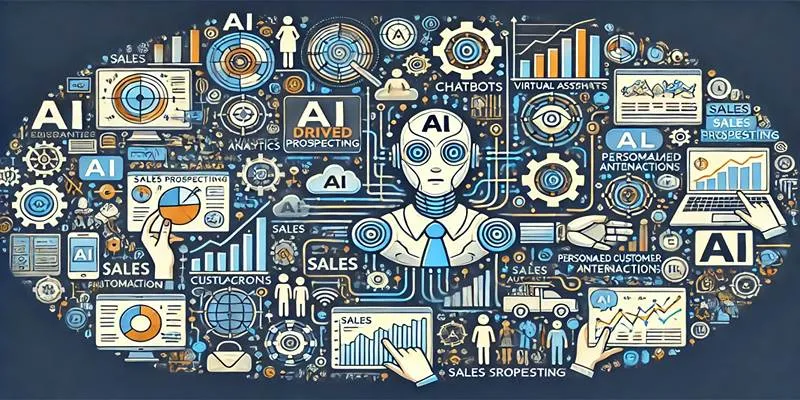
Here’s how businesses are currently using AI to revolutionize their prospecting processes:
Identifying Leads Through Smart Tools
AI-powered tools like ZoomInfo, Lusha, and Clearbit have transformed how companies discover leads. These platforms use machine learning to gather and verify contact data, analyze company structures, and match ideal customer profiles to real-time databases. By automating lead discovery, companies reduce time spent on manual searches and gain access to highly targeted prospects.
Segmenting Prospects by Behavior
After identifying leads, AI systems can automatically segment them into groups based on behavior, industry, demographics, or engagement level. This ensures marketing and sales teams deliver the right message to the right audience at the right time.
For example , a cold lead who downloaded a free ebook might be grouped differently from a returning visitor who viewed pricing pages.
Lead Scoring Using Predictive Analytics
Not all leads have the same potential. AI can score prospects by analyzing behavioral signals such as email opens, website activity, social media engagement, and prior interactions. This process is known as predictive lead scoring.
Why AI Lead Scoring is More Reliable:
Unlike traditional lead scoring based on fixed rules, AI adapts continuously.
It learns from previous sales outcomes to improve prediction accuracy, helping
reps prioritize high-quality leads and avoid wasting effort on low-potential
prospects.
Enhancing Messaging with AI Content Tools
AI doesn’t stop at identifying leads—it can also help craft outreach messages. Tools like Lavender and ChatGPT-based assistants allow teams to write email content that feels personalized and relevant without requiring hours of manual editing.
Sales reps can generate customized messages using:
- Job titles
- Industry-specific terms
- Past buyer behavior
- Company news
This not only saves time but also increases response rates.
Using AI Chatbots to Engage Website Visitors
Businesses are also deploying AI chatbots on their websites to interact with visitors, answer questions, and gather lead information. These bots can qualify leads by asking pre-set questions and route the data directly to sales teams or CRMs.
Benefits include:
- 24/7 customer interaction
- Instant lead capture
- Automatic data entry into sales tools
Chatbots as Lead Qualifiers:
Instead of relying on forms, AI chatbots can naturally engage users and learn
about their intent, filtering out irrelevant traffic and highlighting real
opportunities.
Tracking and Analyzing Buyer Signals
AI can also analyze behavioral data to predict when a lead is most likely to buy. By tracking metrics like time spent on a product page, content downloads, or frequency of return visits, AI tools provide insights into where a prospect is in the decision-making journey.
Sales teams use this data to:
- Time their follow-ups perfectly
- Tailor the next interaction
- Avoid reaching out too early or too late
This intelligent timing significantly improves conversion chances.
Automating Follow-Ups and Reminders
Follow-ups are key in sales but often forgotten. AI-driven CRMs such as Salesforce Einstein or HubSpot’s AI features automatically schedule reminders or send follow-up emails based on activity (or inactivity).
Common follow-up automation includes:
- Sending a check-in message three days after no reply
- Recommending content if a lead views certain pages
- Creating tasks for reps when a lead re-engages
Automation ensures no potential opportunity falls through the cracks.
Learning and Improving from Performance Data

Lastly, AI can optimize the entire prospecting process by analyzing historical data. It reveals which channels perform best, which outreach methods get responses, and which types of content drive engagement.
Making Smarter Decisions from Data:
Instead of making guesses, companies can make informed decisions based on
trends and real outcomes. Over time, this results in smarter campaigns, better
prospecting strategies, and more predictable revenue.
Conclusion
AI has paved the way for faster, smarter, and more efficient sales prospecting. From lead generation and scoring to messaging and analysis, businesses can now automate routine tasks and focus their energy on building relationships and closing deals. Companies looking to stay ahead in competitive markets should consider starting with one or two AI tools—such as lead finders or automated messaging platforms—and gradually scale from there. The key is to combine smart automation with human empathy for the best results.
 zfn9
zfn9




